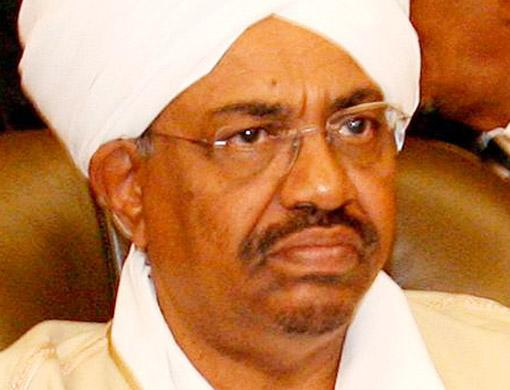
Sudan's embattled leadership is facing a crisis of legitimacy, which President Omar Al Bashir refuses to recognise. He is continuing with business as normal, but he would be better off changing his policies to admit that he and his party are becoming dangerously isolated in Sudan's political system.
The immediate crisis is that the Umma Party, the main opposition party in Sudan, has announced a boycott of this week's presidential, parliamentary and state elections because of fears of facing a rigged vote. In taking this serious action the Umma Party is following many of the smaller opposition parties that have already pulled out of the election. This means that Al Bashir's hopes of using an election victory to legitimise his government are being diminished.
The only major opposition party still in the election is the SPLM, which is the main party in South Sudan — and it will only contest seats in the south. But in truth the SPLM does not care very much about this election since it is totally focused on the referendum next year, when it will call for the South to secede. When the decades-long north-south civil war ended in 2005, the SPLM won the right to hold the referendum on seccession, considerable autonomy in the south, and a power-sharing deal with Al Bashir's National Congress Party at the national level.
This week's election will be Sudan's first multi-party election since 1986, when the Umma Party won, although it lost power when it was ousted in a coup in 1989 led by Al Bashir. From the president's point of view, this week's polls were supposed to help him defy the International Criminal Court's warrant for alleged war crimes in Darfur.
Given the opposition boycott, the election will not help him.








